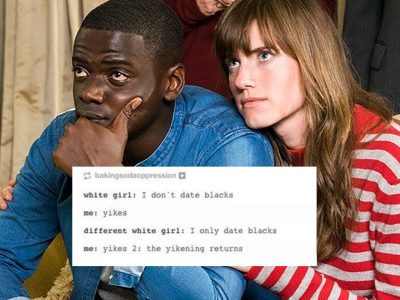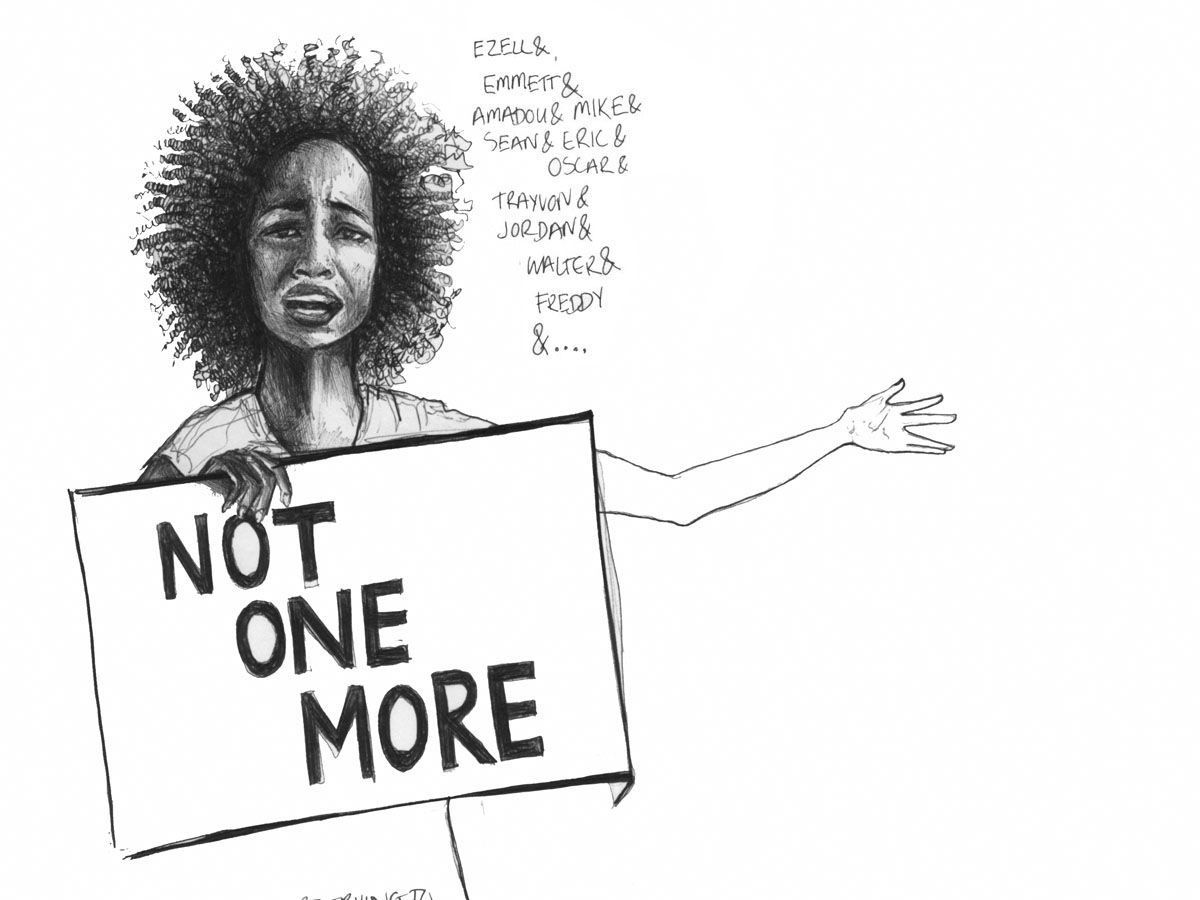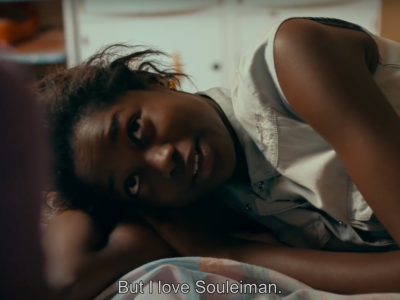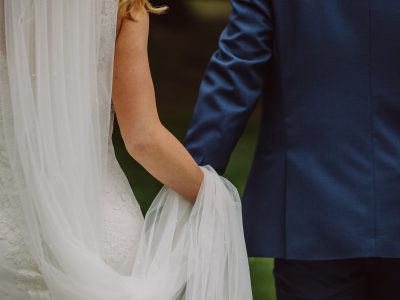The ‘N-word’ – just don’t say it
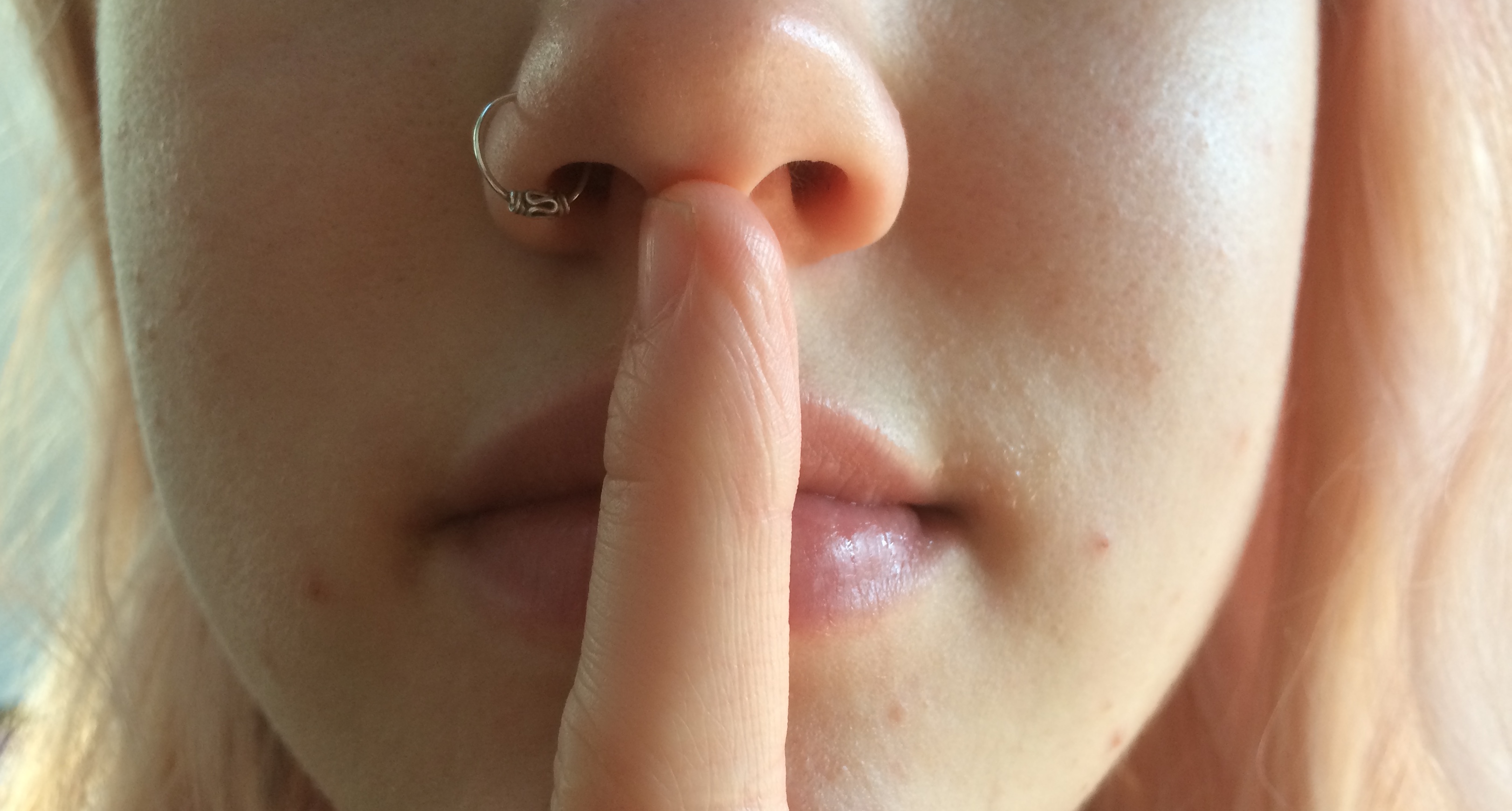
Are you a white person that raps along to the ‘N-word’? Zia doesn’t think that’s ok
It’s quite simple. The world isn’t black and white but the right to use the ‘N-word’ certainly is. For those who don’t have black heritage, and arguably even those who do, the ‘N-word’, in whatever circumstance, shouldn’t be said. Recently there’s been a worrying lack of censure of the word by those who aren’t of black heritage. I’ve seen it seep into the vocabulary of young people that are educated, progressive, yet worryingly ignorant. Sometimes, it’s not indicative of racism, but of a lack of understanding and an increasing desensitisation towards it.
The world isn’t black and white but the right to use the ‘N-word’ certainly is.
The trivialisation of the ‘N-word’ has coincided with the conception of new wave rap, the growing popularity of black YouTubers and the perceived ‘coolness’ of black culture. The word has become an integral part of rap vocabulary over the decades and now that the genre has seen the emergence of rappers of all ethnicities, it has also seen rappers of all ethnicities beginning using the word in the name of ‘rap culture’. An example of this is the problematic mumble rappers, Lil Pump and 6ixn9ne, who frequently use the ‘N-word’ in their lyrics despite being Puerto Rican and of Puerto Rican descent respectively. Australian rapper Iggy Azalea saw some backlash against her usage of the word, but her career has not suffered, and I wonder why she thought it was ok to use it in the first place. The moral murkiness within the rap world has made it unclear whether all people should have the right to sing that racist word or not. However, there should be no debate. Rappers like Kendrick Lamar wholeheartedly disagree with the practise, publicly chastising a fan for singing the ‘N-word’ urging her to ‘bleep one single word’.
The fallout of making it acceptable to sing the ‘N-word’ if you’re not black is that people are unable to determine when it’s unacceptable. If it’s ok to sing the word in a song, then it’s ok to repeat the word in a joke, or quote a black celebrity who says it, or to say it in conversation.
The fallout of making it acceptable to sing the ‘N-word’ if you’re not black is that people are unable to determine when it’s unacceptable.
Not only has the ‘N-word’ become a fundamental of rap, but it has also become integral to shock comedy on Vine and now YouTube. To some, it was funny to see the young white boy on Vine repeating the N-word or using it as an insult against his brother. Rather than being told it’s wrong to say that word, it was encouraged in order to garner more views. The more we hear its usage in comedic or casual context, the less taboo it has become. This sets a dangerous precedent and has led to a gradual but noticeable shift towards the N-word becoming less associated with racism and more associated with being ‘cool’ and normal.
You need only type, ‘should everyone be able to use the ‘N-word’?’ into Google to see a slew of articles condoning or condemning its use. Many of the titles pose the question, ‘Should fans be allowed to say the ‘N-word’ in a song?’, or ‘Should rappers of all ethnicities be able to say it?’ But it shouldn’t really be a question. The ‘N-word’ has very simple rules and established lines that should not be crossed. Although there is a perfectly reasonable debate surrounding the black community’s use of the word and whether it should just be taboo for all to say, thus ending its prevalence, this article is not discussing that – it’s the very clear and definitive rules that people who aren’t black should not be attempting to break.
The N-word has very simple rules and established lines that should not be crossed.
I’ve experienced it myself amongst a group of white friends singing the ‘N-word’. I myself choose to abstain from ever saying the word, so the fact that an argument started around whether they should have the right to say it was deeply troubling. If a black person explicitly tells you that they find it offensive, you should stop. No question. No discussion. This was perplexing to them. A recurring sentiment was that ‘it’s just a song’ or ‘it’s just a word.’ One person even asked, ‘are people stilloffended?’
But the ‘N-word’ isn’t just a word. It continues to be an offensive, dehumanising and brutal affront to our humanity. Whilst this battle for the right to sing that singular word in a song rages, so too does the battle rage against prevailing racism. One must only look at the news to see police brutality is not a new story, and neither is racism. The word has two contexts for black people: reclamation, and, most dominantly, of racists hurling it at us with hate and venom. We hear it in rallies, we read it on forums and in offensive messages. The new connotations of the word being casual and cool must be discussed and, quite frankly, obliterated. For black people, it will never be ‘just a word.’
What do you think? Let us know in the comments.


